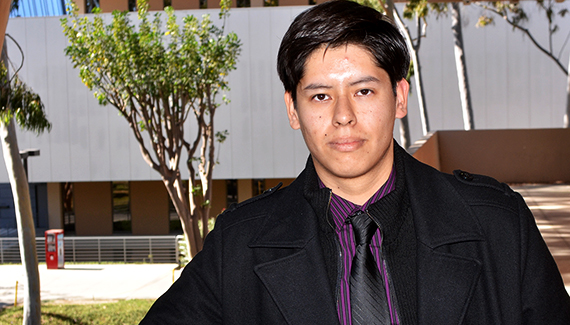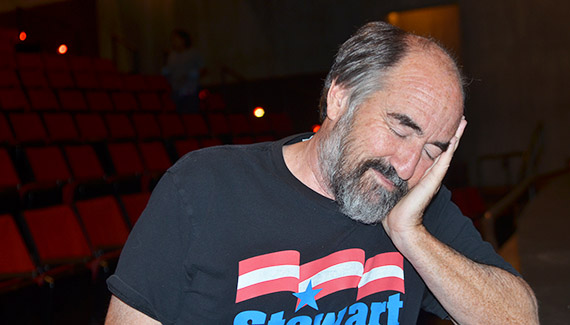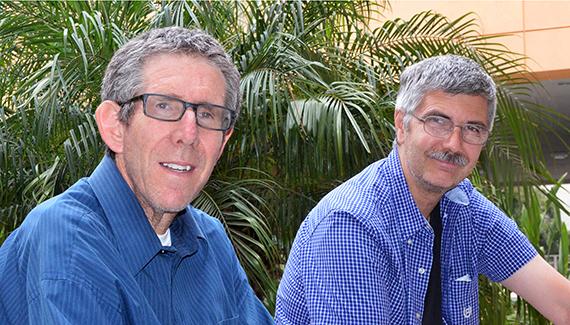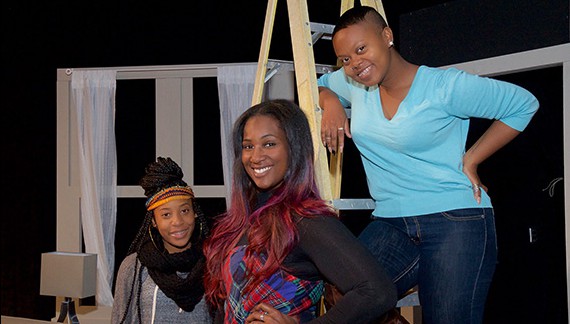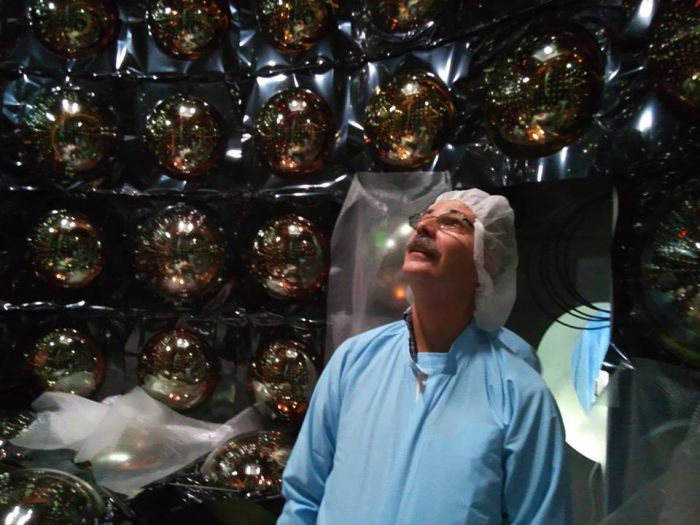Jeshua Avila, a junior studying biochemistry at California State University, Dominguez Hills (CSUDH), has received a $2,500 scholarship from Phillips 66, which will help him to continue research on a cell membrane protein called gramicidin. Avila's interest in cellular research is, in part, a personal pursuit. “I have been interested in the medical field since I was a little kid, but I also have too many white blood cells, which is another reason I'm studying biochemistry. Sometimes when you have more white blood cells they can end up attacking other [healthy] cells in your body, thinking they are intruders,” said Avila, who has Vitiligo, which is caused by white blood cells attacking ... Read More
Research
Smartphones vs. Sleep: CSUDH psychology professors’ study takes a look
Do smartphones make people smarter? When considering how they affect people's sleep, the answer is no, according to Larry Rosen, professor of psychology at California State University, Dominguez Hills (CSUDH). Rosen and fellow CSUDH psychology professor Mark Carrier, along with three graduate students, surveyed more than 700 college students to study and determine how the use, and misuse, of technology affects the amount and quality of sleep they get each day. The study, which is currently under review, found that smartphones play a major role in reducing students' sleep and interrupting their sleep patterns. “Multitasking has increased dramatically over the past 10 years, and I ... Read More
CSUDH physics faculty help search for ‘Theory of Everything’
In physics today, adding anything to the “Theory of Everything” (ToEs) would really be something. That possibility may come true for Ken Ganezer and Jim Hill, professors of physics at California State University, Dominguez Hills (CSUDH), and physics lecturers Brandon Hartfiel and William Keig, who co-authored the study “Search for n−n(bar) oscillation in Super-Kamiokande,” which was published in the peer-reviewed scientific journal Physical Review D in April 2015. The study is based on years of research conducted in the Super-Kamiokande detector, a nucleon decay and neutrino observatory in Hida, Japan, by the CSUDH faculty, approximately 20 of their students and with the ... Read More
Faculty scholar Sharrell Luckett employs a ‘collective’ approach to teaching
Sharrell D. Luckett, assistant professor of theatre at California State University, Dominguez Hills (CSUDH), is helping her students in the Performance Studies and Arts Research Collective “harness their artistic ingenuity” while discovering their true selves through the study of others. Established by Luckett when she arrived at CSUDH in 2013, the Performance Studies and Arts Research Collective in the Department of Theatre Arts and Dance consists mostly of theatre and dance students, but also includes business, psychology, communication, education, mathematics, and music majors. Luckett said she designed the collective to engage students in opportunities that spark life-long learning as ... Read More
Going Underground to Understand the Universe
By Laurie McLaughlin A half-mile underground, an enormous steel tank is filled with 50,000 tons of water surrounded by light-detecting devices. It serves partly as a giant target for cosmic particles–like protons, electrons, and neutrons–raining down on Earth from the sky. One type of particle, the neutrino, has been somewhat of a mystery to physicists until recent decades, but its activity helps explain how the sun and stars continue to shine. “We don't realize it, but trillions of neutrinos travel through our bodies every second,” said California State University, Dominguez Hills (CSUDH) professor of physics James Hill, who has been studying this very tiny phenomenon for more ... Read More
